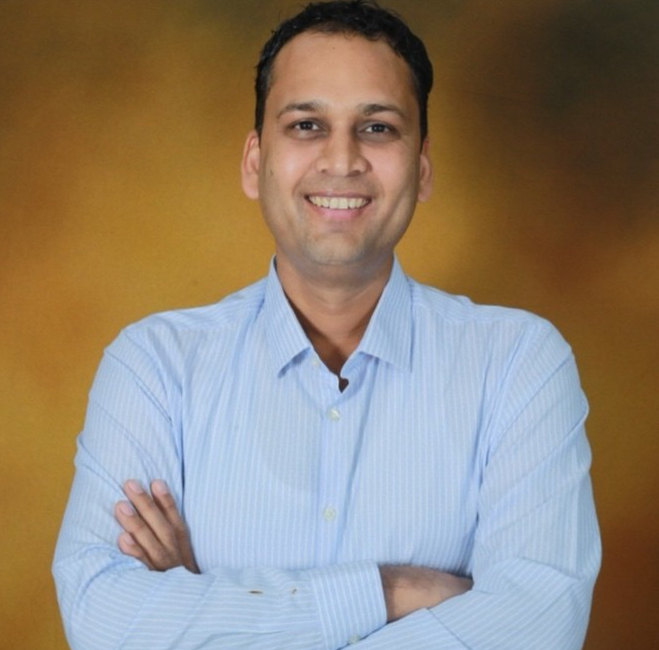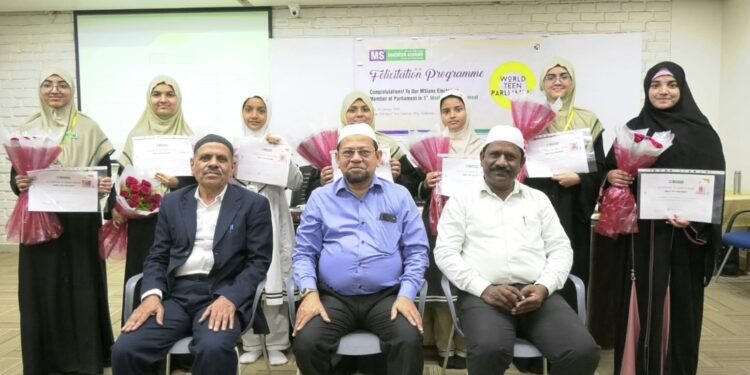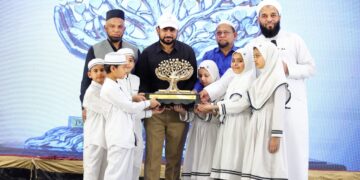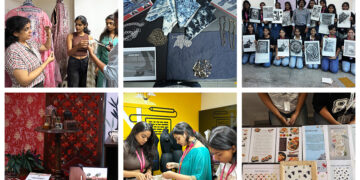Preschool education in India is experiencing a paradigm shift. From being perceived as a preparatory stage for primary school, it has now emerged as a crucial foundation for lifelong learning, emotional development, and social skills. What makes this transformation particularly promising is India’s growing ability to blend global best practices with its deeply rooted cultural and traditional values.
Across the world, early childhood education is anchored in child-centric philosophies that promote learning through exploration, play, creativity, and inquiry. Popular pedagogies such as Montessori, Reggio Emilia, and Waldorf are built on the understanding that the early years are critical for brain development and future success. These methodologies focus on nurturing cognitive, motor, and social-emotional skills in an engaging and nurturing environment.
India has actively embraced these global philosophies in recent years. However, simply transplanting international models is neither practical nor fully effective in our diverse social fabric. Indian children grow up surrounded by multilingual environments, varied cultural practices, and rich storytelling traditions. To truly succeed, preschool education in India must localise and adapt global frameworks, integrating them with native wisdom and value systems.
This is where contextualisation becomes key. While activity-based and inquiry-led learning methods are highly effective, their implementation must reflect the local environment. Indian festivals, traditional games, folk tales, and everyday life experiences can become powerful learning tools when aligned with modern teaching methodologies. For instance, celebrating Raksha Bandhan or Pongal in the classroom can foster a sense of identity and emotional grounding while teaching about family, tradition, and empathy.
Language is another vital component. While English remains an important medium for future learning, research consistently shows that children learn best in their mother tongue during the early years. A multilingual approach, where children are encouraged to think and express in their native language while gradually acquiring English, promotes better retention, comprehension, and confidence. It also reinforces the emotional connect between the child, their home, and their school experience.
The recent National Education Policy (NEP) 2020 has rightly placed strong emphasis on foundational literacy and numeracy, play-based learning, and developmentally appropriate practices. The policy also recognises the diversity of India’s population and the need to make early education more inclusive, equitable, and rooted in local context. This opens the door to creating hybrid pedagogical models that merge global insights with Indian cultural knowledge.
Moreover, Indian value systems—such as respect for elders, community orientation, harmony with nature, and moral responsibility—can seamlessly integrate into preschool curricula to nurture not just academically competent, but emotionally intelligent and ethically grounded individuals. Storytelling traditions like the Panchatantra, Jataka tales, and other regional folklore offer valuable moral and life lessons, presented in a format that children intuitively understand and enjoy.
Of course, challenges remain. Many parts of the country still struggle with access, affordability, and quality. Addressing this requires scalable solutions that remain rooted in local realities. Technology can play an enabling role, provided it is used judiciously and designed for inclusivity. Additionally, teacher training is crucial—educators must be equipped not only with pedagogical skills, but also cultural sensitivity and emotional intelligence.
As India continues to evolve as a knowledge economy, it is imperative to build a generation of learners who are globally competent yet locally grounded. Preschool is the starting point of this vision. By thoughtfully blending global educational approaches with India’s rich cultural heritage, we can create learning spaces that are joyful, relevant, and truly transformative.
The future of preschool education in India lies in balance—in honouring our traditions while embracing innovation, and in raising children who are curious, confident, and deeply connected to their roots.


















